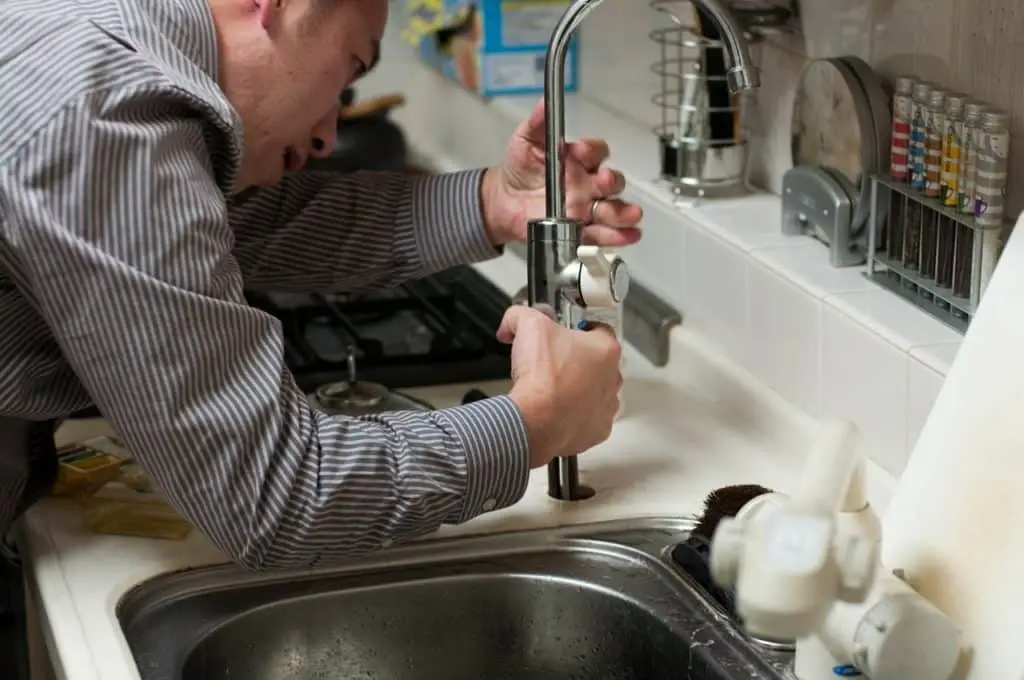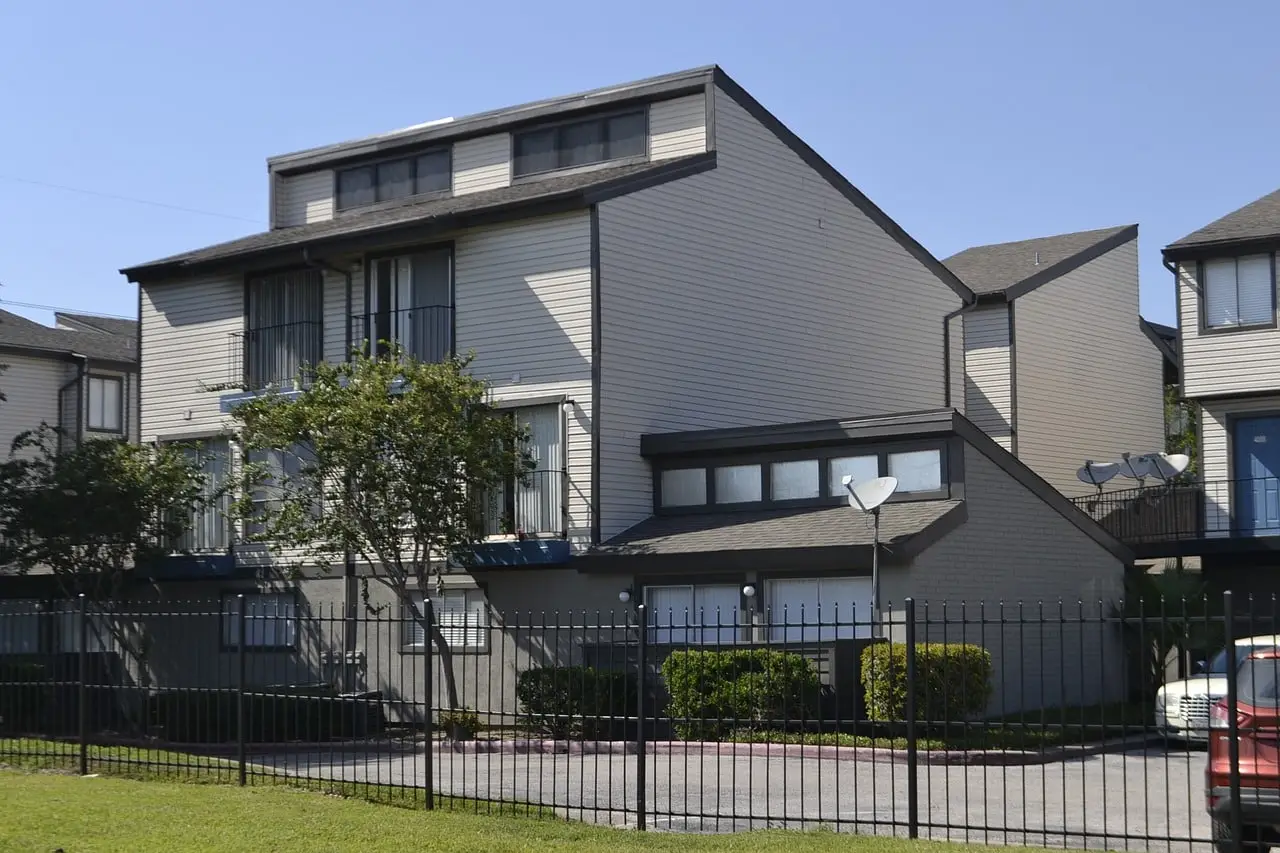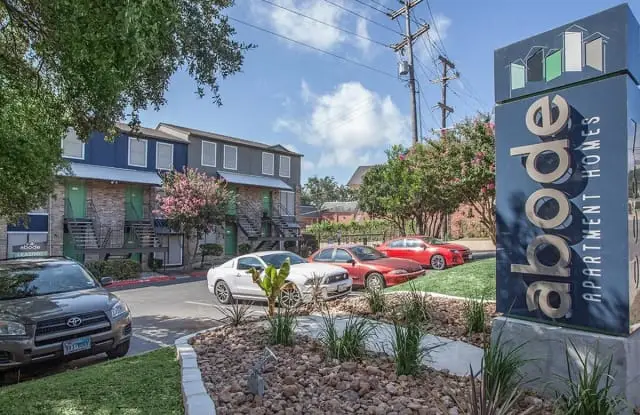In any industry or endeavor, the question of how to start out is the question that invariably gets asked the most, and real estate is certainly no different. However, what is unique is that the questions on real estate investment almost always have to do exclusively with scale.
Most people understand, or at least have a general mental framework for what it would take to buy and operate real estate. Most have been at least indirectly party to the buying of a house or the paying of rent, which can’t be said for many other investment types such as options or commodities. This personal exposure to real estate can – and often is – extrapolated, into thoughts of how it would look in business.
After all, if you bought your own apartment, how much harder would it be to buy another one and rent it out? Isn’t that basically what multifamily investment is at its core?
For this reason and for thought processes like these, folks who are just getting started will generally not be asking precisely how to start investing, but rather, how big. Should you build slow, starting with a duplex or triplex, then building up slowly into more? Or should you start with a 100 unit community straight away?
I’ll put the answer up front: it’s not definitive, and really, it depends.
Consider the Operation
A lot of newcomers to multifamily often has a misconception about what it takes to actually operate apartments, and it’s this conception I want to clear up first:
Less units usually doesn’t mean less work.
Folks who ask the question about starting with a duplex often do so with the assumption that a duplex is substantially less work than a 100 unit community would be. This is both true and not. Yes, two apartments will have less hassles in terms of total quantity of hassles, but the key is that they will require just as much work from you as a 100 unit complex?
Why? Resources. A duplex may have less problems, but it also has substantially less resources to deal with those problems. Remember, a 100 unit complex will usually have a full time property management team working on it. This includes a manager and a maintenance supervisor at the minimum.
If the team is effective, which it should be, then the owner of the 100 unit multifamily complex will effectively be doing way less work than the owner of the duplex, who is answering midnight calls directly from his tenants to fix the sink.
For most newcomers who wonder how much time/effort it takes to operate a duplex or triplex on their own, we usually answer: whatever you think, multiplied by two.

Duplex, Triplex, Octoplex?
However – and this is a big however – that does not strictly mean you should push for at-scale multifamily straight away. After all, if all duplex’s were a “no go” investment due to just to being more time and effort, I can think of a number of large, successful investment firms that never would have started.
The other side of this coin that I’m alluding to is growth. Will running a duplex by yourself be more work than overseeing a larger investment? Sure will. But if you do it successfully, your relative profit can be high, and the capital and experience can be used to move into bigger and bigger projects that otherwise would be out of reach.
Most starting investors don’t have the massive amount of capital needed personally or through connections to jump right into full 100+ unit investments even if they wanted to. Large multifamily deals are also significantly more complex in their undertaking, requiring skilled underwriting, correct market analysis, due diligence, professional management, and many other items that cannot be simply extrapolated from personal home-buying experience. So fulfilling an investment in a smaller deal, such as a duplex or triplex, can earn you capital, and quite importantly experience, to move into a 8-unit, then 20, and so on.
If you try for hundred unit or more deals as your first deal, there is no real growth path, but rather a binary equation: you can either do it, or not. If you can, great! You are already investing at large scale. But if not, you may have no choice but to start smaller.
The Final Choice
All of the above is to say that the determination is really up to you, and how comfortable you feel with the tools currently possessed.
If you are someone with time, some capital, a bit of know-how, and drive, but not much in the way of an investor network or underwriting experience, the duplex is likely for you. If you’ve got some capital behind you and want to leverage economies of scale, then swing for the fences.






